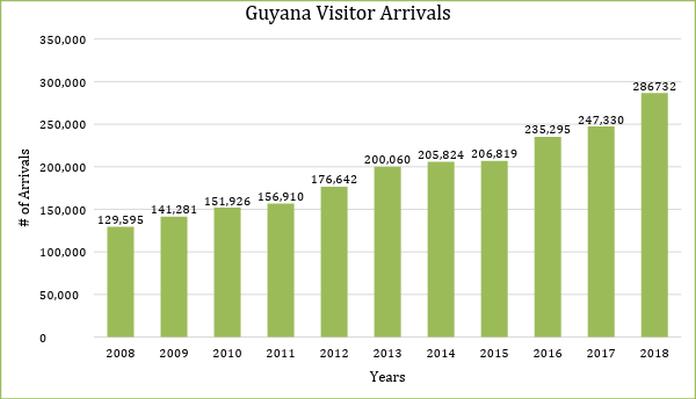
WASHINGTON, USA — The Inter-American Development Bank (IDB) and the Arizona State University presented a study showing that treating violence as an epidemic and intervening to prevent its transmission can be an effective tool to reduce violent crime.
The study, Evaluating Cure Violence, presented at the IDB’s headquarters in Washington, DC, evaluated the results of the Cure Violence program in Trinidad and Tobago, a project that was financed by the IDB.
Violence in Latin America and the Caribbean has been an ongoing humanitarian crisis for decades, fueling an immigration and refugee crisis across the region. The Evaluating Cure Violence study is the result of an extensive, three-year evaluation of Project REASON, a local violence prevention program that used the Cure Violence methodology to address homicides, woundings and shootings. The Cure Violence program uses a public health model to prevent the “transmission” of violent crime. The model works by interrupting transmission of the disease; reducing the risk of those at highest risk to commit violent crime; and changing community norms.





